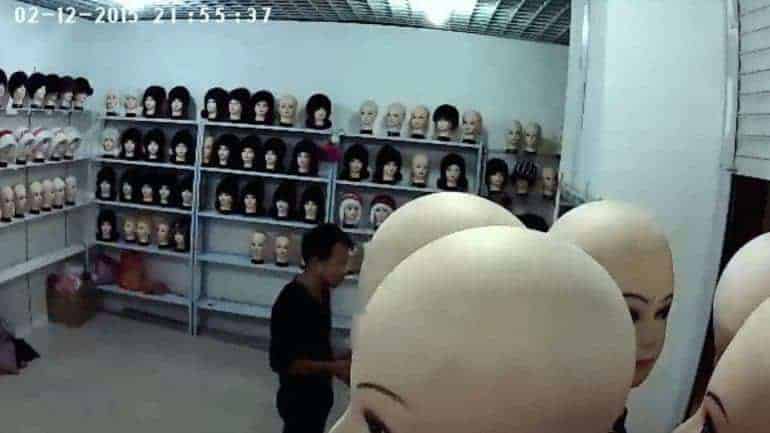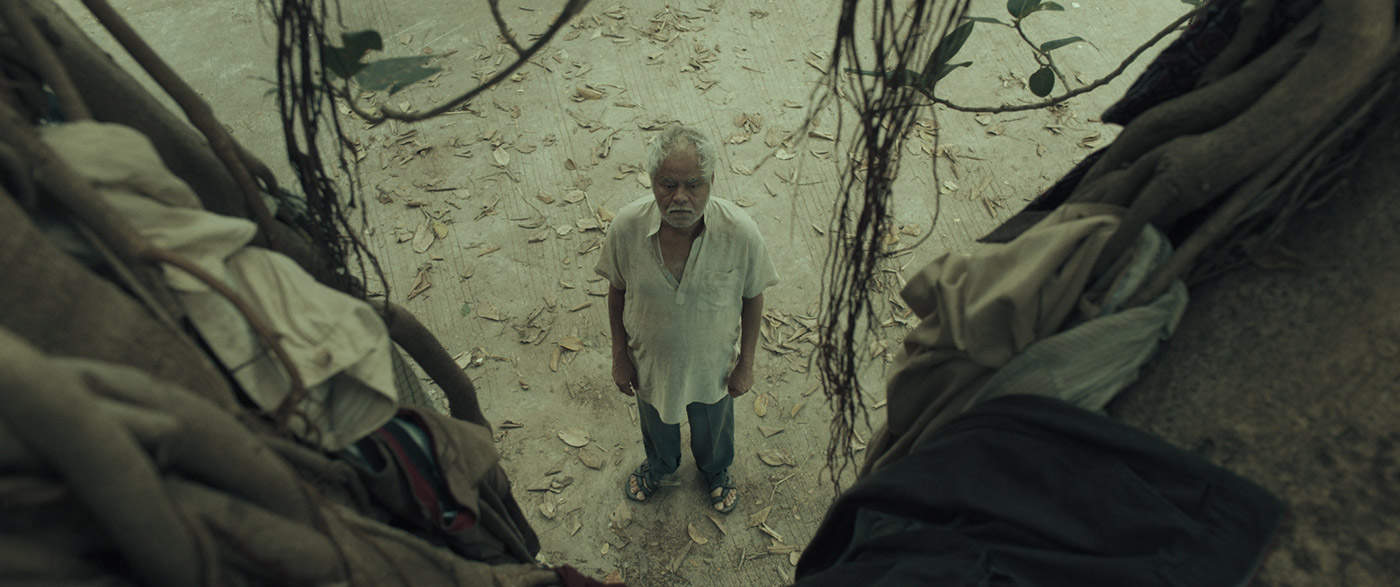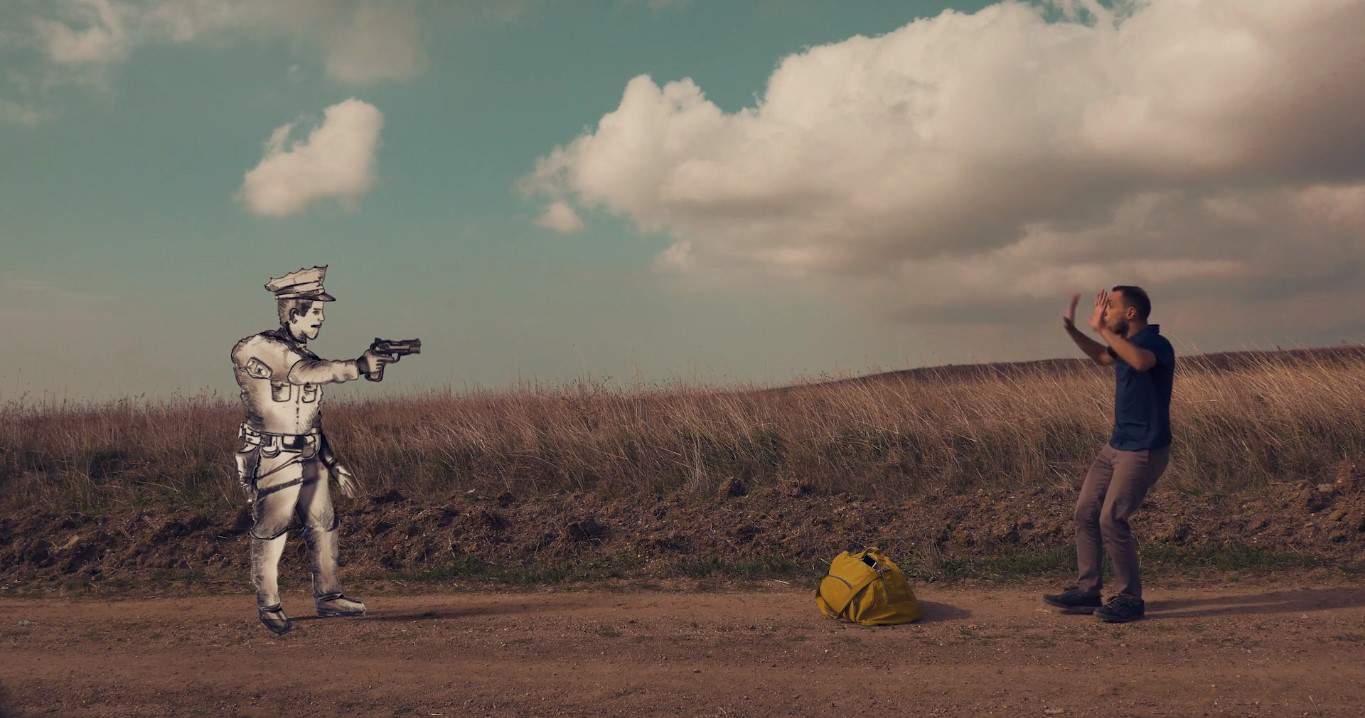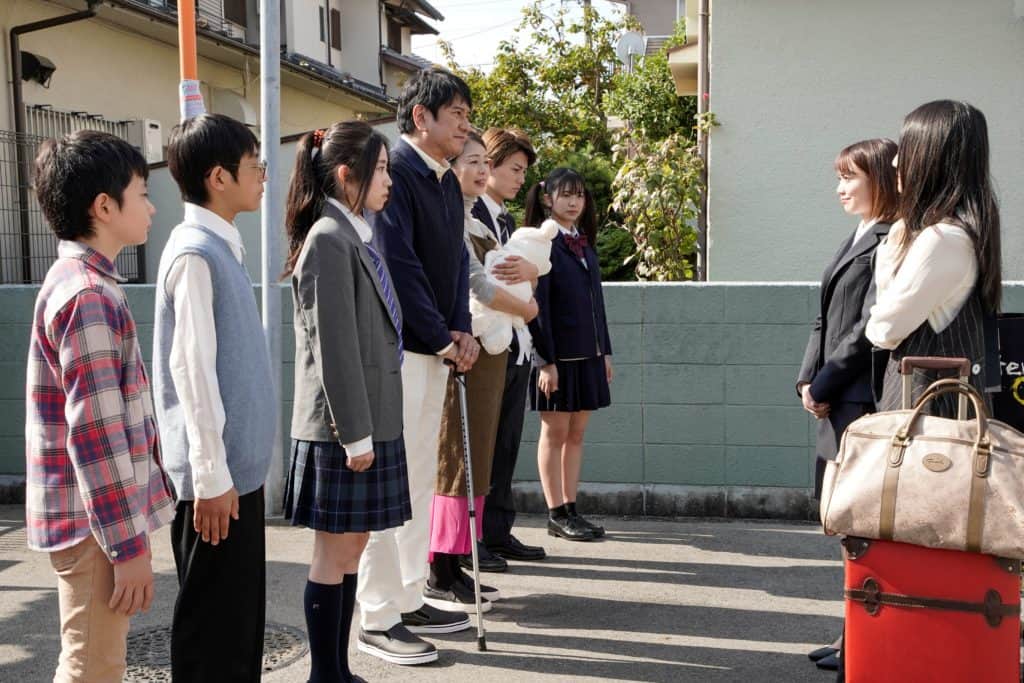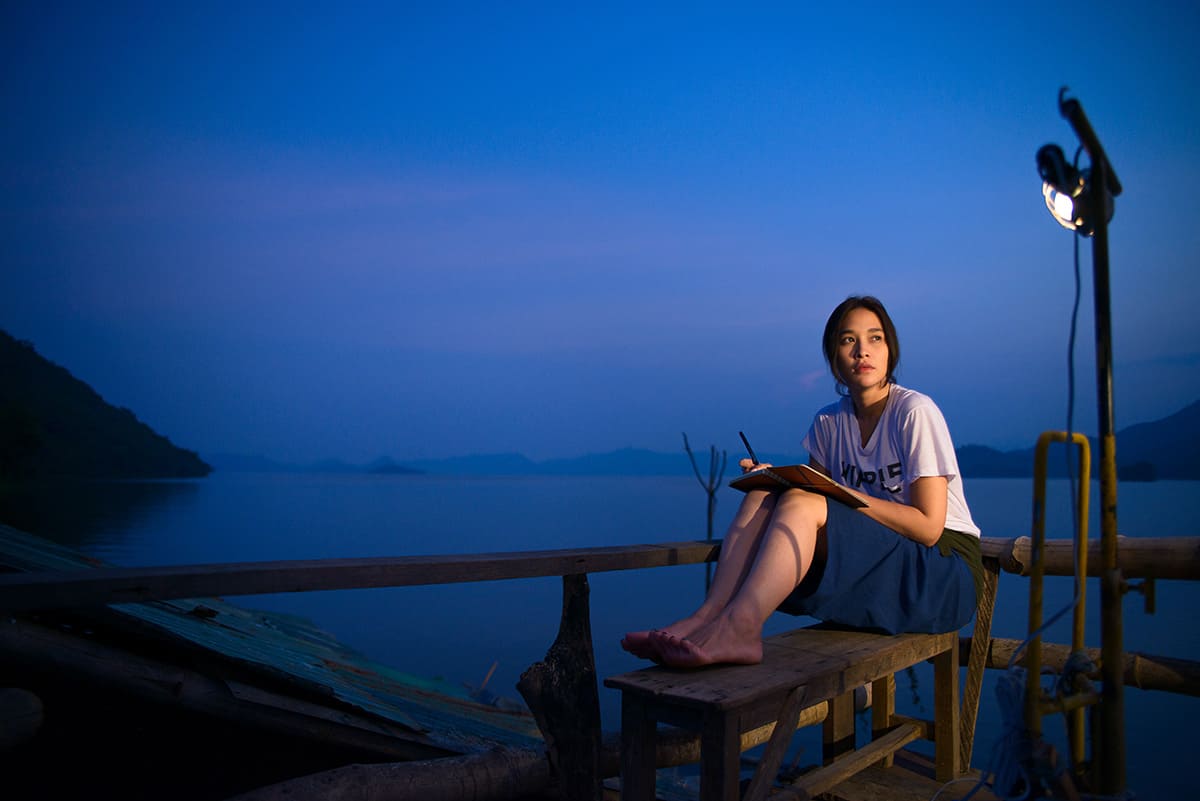Winner of the Special Jury Prize at the Venice Film Festival, “No Bears” is probably the last movie Jafar Panahi will come up with for years, as shortly after the ending of the shooting, he was arrested and sentenced to 6 years prison in Iran. Expectedly, the event weighs heavily on anyone who views the film, since its meta narrative mirrors Panahi's actual life, but also of his protagonist, Mina Kavani, whose character's story in the movie, also has intense similarities with hers.
“No Bears“ is screening at Thessaloniki International Film Festival
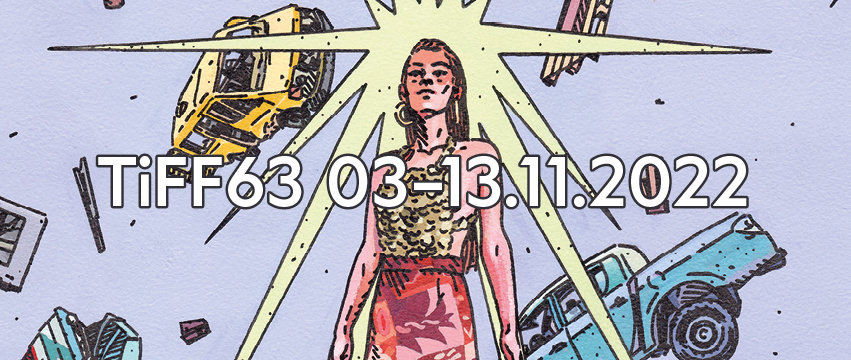
The film begins in a narrow street in a small town. Zara, a waitress in a cafe, rushes out to greet a man who soon proves to be her boyfriend, Bakhtiyar. It turns out that the two were trying to escape the country and were in search of fake passports to pass as Europeans. Bakhtiyar has brought one for her, but her joy is brief when she realizes that he has not got one for him also. She refuses to leave without him and a fight ensues. Soon, however, it is revealed that the whole thing is part of a movie, which Panahi, who plays himself, directs remotely.
Thus, the second part of the movie begins, with Panahi staying in a small village by the Turkish border, renting a room from the kind but constantly anxious Ghanbar, who tries to accommodate his every need, but finds himself in over his head. It is not only that the connection there is quite problematic, soon Panahi finds himself entangled in a fight between two men for a woman, who was promised to the one upon his birth, as per the local custom, but is in love with another who has come to take her away. Even more so, his assistant pressures the director to finally escape the country, but Panahi remains reluctant.
The meta approach of a film-within-a-film and the fact that Panahi plays himself, portraying how his actual life must have been before his arrest, works quite well for the narrative, as it adds depth to the story while also combining two different segments, with the first looking like a feature and the second like a documentary, with realism, however, being a key element of both. Furthermore, the juxtaposition of the two is excellent, particularly due to Amir Etminan's editing, who switches from one part to the other rather timely, thus retaining the interest of the viewer from beginning to end.
Furthermore, the presentation of how Panahi's life should have looked while in exile, and particularly during the shooting of this movie, is quite intriguing to watch, also giving an additional dramatic sense to the film. The comments presented are also interesting, with him highlighting the suffocation people in Iran feel, particularly through the character of Mina, who seems to wonder why she lives in a country that essentially forces her to flee it. The life in the rural areas is also portrayed with realism (in the documentary-like aspect mentioned before) with Panahi showcasing how various customs end up torturing people, and how both ospitality and harassment seem to be the rule in such places. The violence that almost inevitably ensues seems to be a result of all the aforementioned, with Panahi building tension artfully, gradually transforming the movie from a kind of comedy to a drama.
At the same time, though, the second part, that takes place in the village, ends up being somewhat too long, with the first aspect actually seeming more interesting, to the point that one could wonder why the second takes the lion's share of the duration here. Particularly the beginning of the second part, when nothing really happens and the movie unfolds like a subtle comedy of sorts, is not particularly interesting to watch, with the focus on this part, and the somewhat melodramatic ending, which actually extends to both parts, somewhat harming the overall sense the movie lives. In that regard, some more trimming here would definitely benefit the movie, which ends up overstaying its welcome at 107 minutes.
Mina Kavani as Zara steals the show every time she appears on screen, with her sorrowful anger being excellently portrayed and her monologue one of the best parts of the movie. Panahi plays himself realistically, without any exaltations, but the one who will stay in the mind of any viewer is Vahid Mobaseri as Ghanbar, whose simpledness and kind nature are the main sources of comedy in the movie.
Undoubtedly, “No Bears” is a significant movie, for all the reasons mentioned in the prologue, but also for proving Jafar Panahi's prowess as a director once more. At the same time, though, if one could watch the film without any prior knowledge of the real events, one would end up with a title that is interesting but not exactly great.




